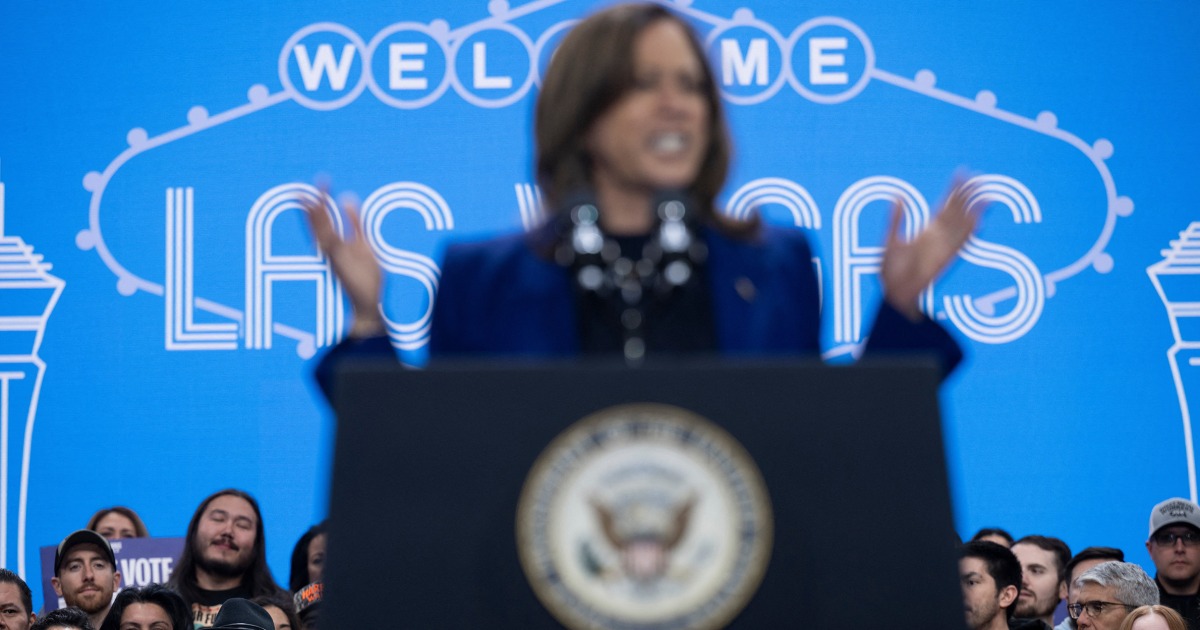
Explainer Briefly Slides Meta announced on November 4 that it would be extending its restriction period for ads about social issues, elections, or politics ahead of the US general elections “until later this week.” It has not provided a specific final date or reason for this extension. The social media platform had previously announced that it would block such ads during the final week of the 2024 US Presidential elections from 12:01 AM PT on October 29, 2024 till November 6, 2024.
It said that it had instated the restriction period as it would not have enough time to contest the claims made in ads before the elections. The history of misinformation on Meta during elections Various fact-checkers and research organisations have noted that Meta’s content filters are not adept at picking out content in political ads that violate its guidelines. A report from civil society organisations Ekō and India Civil Watch International highlighted how Meta allowed ads containing inflammatory sentiments against minorities on their platform during the 2024 election period in India.
An experiment revealed that 14 out of 22 ads contained AI-generated content. These ads targeting India’s Muslim population could bypass Meta’s automated security systems that ban hate speech and election misinformation. This is noteworthy as these ads were shared during the Election Commission-mandated “silence period”.
As per the mandate, no political ads are allowed on social media from 48 hours before the election to the end of the process. Researchers could bypass Meta’s policies that require accounts running political ads to get authorisation. Meta grants permission after confirming identity and creating a disclaimer that lists who is paying for the ads.
However, the researchers’ overseas dummy Facebook account couldn’t do these two steps. But that didn’t come in the way of posting those ads. At MediaNama’s event on ‘Fact-checking and combating misinformation in elections’, Kritika Goel, Head of Editorial Operations (India), Logically Facts, said that her team had informed Meta of certain political ads, rooted in misinformation, that were running on the platform.
However, the team found that the ads still existed on the platform even at the time the story on these ads went to print. She also said that they had sent collective requests to Meta, particularly regarding problematic content in the platform’s ad library, but the tech giant took no action. Jency Jacob, Managing Editor at Boom Fact Check, also noted that contrary to popular perception, platforms do not act immediately even if flagged by their collaborating fact-checking agencies.
Meta’s reticence to moderate ads Meta CEO Mark Zuckerberg also stated that he regretted moderating ads that the Biden administration had pressured Meta to in the run-up to the 2020 presidential elections in a letter to the United States House of Representatives Judiciary Committee. The FBI had warned Meta against a New York Post story that it claimed was a potential Russian disinformation operation against the then-Democratic presidential nominee Joe Biden’s family accepting funds from Ukrainian energy company Burisma. Zuckerberg said that Meta demoted the story and also censored content on COVID-19 in 2021, including humour and satire.
He expressed regret, saying, “I feel strongly that we should not compromise our content standards due to pressure from any Administration in either direction—and we’re ready to push back if something like this happens again.” Note: The headline was edited for clarity based on editorial inputs on 06/11/2024 at 4:14 pm. Also Read:.














